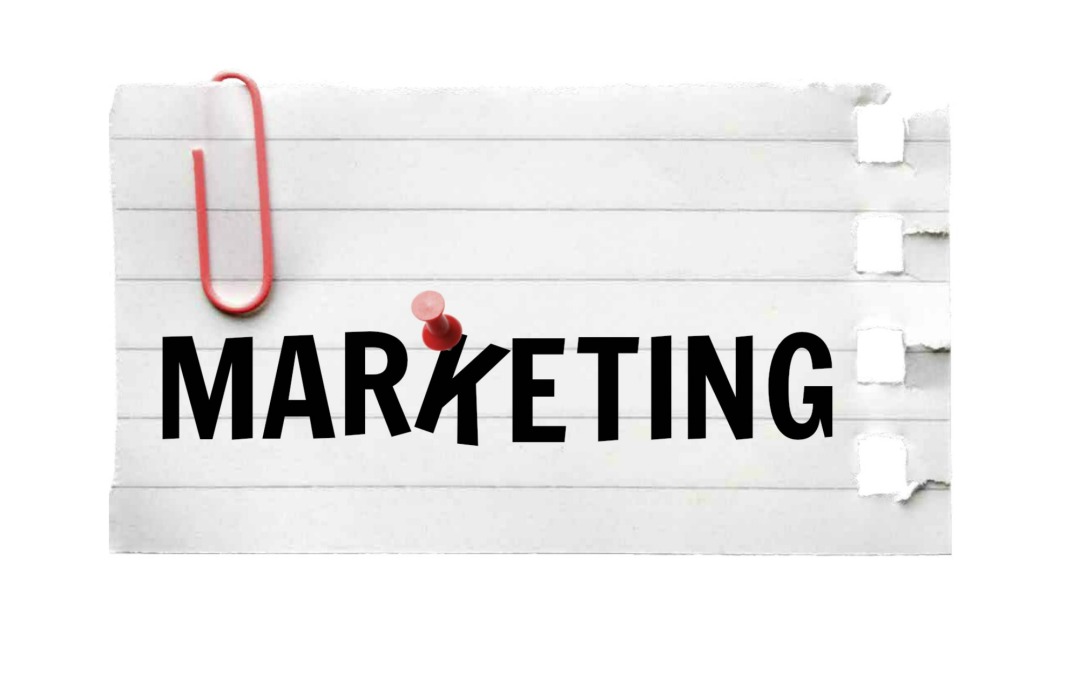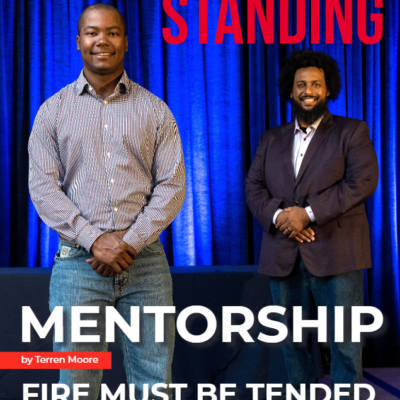As marketers in the insurance industry, we have a responsibility to make our campaigns as effective and efficient as possible. Over the past several years, we have learned that this is accomplished through inbound channels like social media, search engine optimization, and content for lead generation. But as inbound has matured and merged with traditional marketing channels, the way we think about marketing has become just as important as the way we execute our marketing strategy.
Inbound marketing is NOT just a practical technique- it is a guiding philosophy. While the more effort and energy we put into our inbound channels and marketing, the more we can reconsider how we do traditional outbound marketing. Why you may ask? Because we still need outbound marketing for the short-term, quick hit wins while we focus on the long game plan that is inbound marketing. But rather than standing in opposition to one another, the two styles should be complementary.
So the question is HOW can you make traditional outbound marketing work with our inbound marketing efforts? Here are tips to get you going in the right direction:
MEASURE your agency’s ENGAGEMENT
Outbound marketing has often been focused on just one step: The final conversion. As anyone who has ever done an outbound campaign knows, it’s not unusual to have leads neither engaged nor qualified fill out that form for “Get a Free Quote” or “Request a Consultation.” What’s even more common is hearing from sales that the leads generated fail to qualify. Well, I have heard that before but the amazing thing is how most of these leads come in is because the prospect either has no idea who to go to for advice, or they have no confidence in their present agent. See- these are qualified leads! The faster you reach out to these individuals, the higher you’re closing ratio will be.
One of the biggest advantages of inbound marketing is the ability to measure the engagement level of your leads. Being able to measure is key to success here. Since inbound channels are most often digital, tracking a prospect from a raw lead to a customer and knowing these steps that get them there has made it possible to determine how well a channel is performing.
MINIMIZE the INTERRUPTION
One of the biggest differences between inbound marketing and outbound marketing is interruption. Inbound leads, by nature, come to you and opt-in for engagement, while outbound leads rarely have the option to opt-in to your marketing.
The question is HOW do we minimize the interruption? Well, here are a couple tips for you and your agency.
- The first tip is make the out-bound channels opt-in
- The second tip is focus on hyper targeting throughout your agency’s outbound channels
Let me give you a quick example. Instead of sending out an unsolicited direct mail piece to a list of contractors who never heard of your agency, you should send out a piece to prospects who quoted with you in the past but for one reason or another, your agency didn’t close. This practice is spending you’re marketing money more wisely because those prospects have heard of you and you have a better chance of closing that business at a much lower cost.
Let’s quickly go over your agency’s outbound channel. Is your agency communicating with prospects? Let’s say they are not. Well, let’s talk about several ways you can communicate with them. First if you’re targeting more B2B people, start with LinkedIn. Your agency should put together a target market and a budget and start to go after who your agency wants to insure. If your agency is more on the personal lines side, then target Facebook with promoted boosts, but when doing this you must put together a social strategy with your agency’s branding identity and a budget.
INTEGRATE EXPERIENCES
So if you’re agency is at a Home Show, rather than capturing leads on a digital scanner or putting out that ridiculous fish bowl for business cards, log your leads into your (CRM Tool) marketing system immediately on a tablet or smartphone and start sending lead nurturing emails immediately. If you’re running a print advertisement or sending direct mail, include a landing page URL for a piece of educational content rather than a just the bottom of the funnel offer. We must be creative along with being in front of our prospects because if you look at the Lizard’s funnel you will see they are in front our clients in every aspect of their day. We will win more business if we just keep a simple message in front of our prospects. The key is to remain in front of them and remain on their minds. Another key is to use the right blend of traditional and digital marketing with a message that doesn’t waiver, that message must remain consistent in all of your marketing avenues.






I love the idea that we’re not throwing the baby out with the bath water so to speak here Chris! Tweaking by making small but efficient changes to marketing as you describe. I especially like the point that minimizing the interruption is key. In an age where so many people NEVER sit through television or radio commercials any more thanks to DVR and Satellite radio we risk being ignored by our traditional marketing techniques. You’ve given great examples of where print and direct ads are still viable – with tweaking!